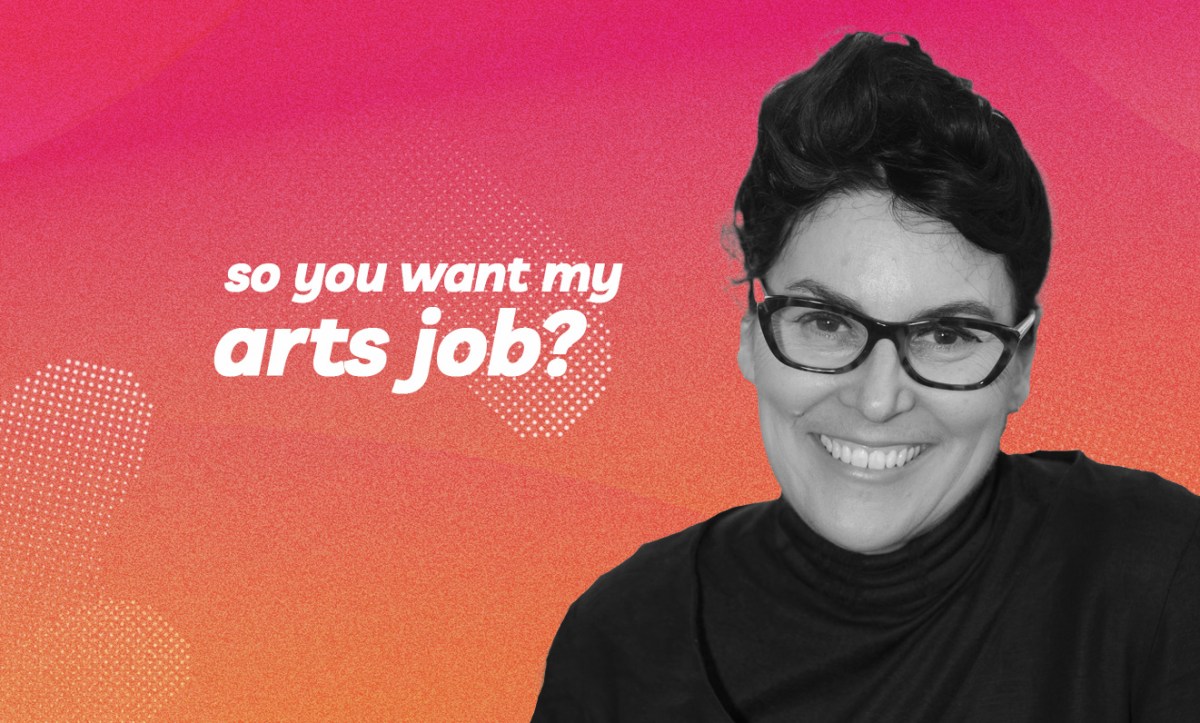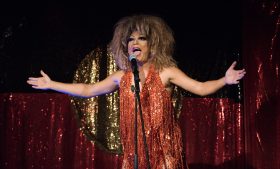Alana Valentine is a librettist, playwright, dramaturg and director. In 2021, she wrote and directed the Sydney Festival/Walkleys Award series THE JOURNALIST GENE, innovating a new form of interview panel with performance elements. As co-writer, with Ursula Yovich, of Barbara and the Camp Dogs she was awarded both a 2019 Helpmann Award and 2020 Green Room Award for Best Original Score, as well as a Helpmann for Best Musical and Green Room for Best New Australian Work. In 2019, Valentine wrote the libretto for the critically-acclaimed song cycle Flight Memory with composer Sandra France and many of her award-winning plays feature original songs including The Sugar House, Head Full of Love and Ladies Day.
So you want my arts job: Librettist
If you possess humility, audacity, originality and passion, becoming a librettist may suit you, says playwright, director, dramaturg and librettist Alana Valentine.
11 Feb 2025 9:43





